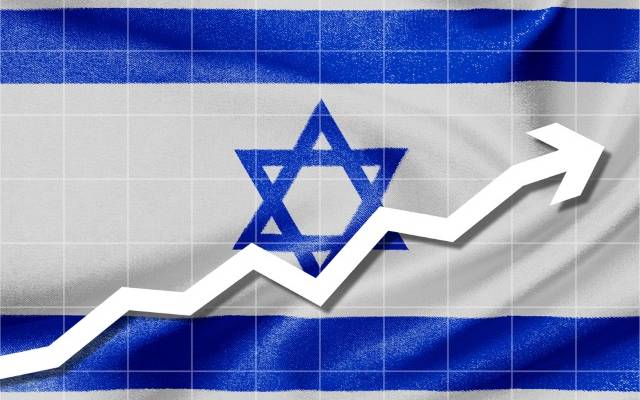Even after a pandemic year, with all the health and economic challenges arising directly or indirectly from the coronavirus, Israel joined the top 20 club of nations with the highest GDP per capita.
The data, compiled by Forbes Israel based on IMF information, indicated that the country was ranked above others such as Canada, New Zealand, and the United Kingdom. In 2020, the country’s income per capita amounted to US$ 43,689.
This is the first time in history that Israel is among the 20 largest economies based on GDP per capita. In 2019, the country held the 21st place in the ranking, and it wasn’t even among the 30 largest economies a decade ago, according to data provided by Forbes.
According to the data compiled by the media outlet, with a GDP per capita of US$ 3,689 in 2020, Israel ranked 19th among the top 20, edging above the 20th country, Canada, with a GDP per capita of US$ 43,278; the 21st spot in the list belonged to New Zealand, with US$ 41,127, and the United Kingdom ranked 22nd, with US$ 40,406.
The key issue is: how did Israel managed to crack into the top 20, even with such a challenging scenario?
The country is emerging from its stellar battle against the coronavirus pandemic. The country also faced unemployment and economic problems due to the need to shut down services and commerce, but the country’s management quickly became a leader in terms of promoting scientific vaccination plans for the majority of the population, with a better performance than other developed nations.
An important information that provides perspective on the reasons that led to this achievement is that, for the past 30 years, Israel doubled its population, increasing its GDP by 400%, its foreign currency reserves by 3%, while simultaneously, reducing its public debt in seventy-six per cent (76%).
This was also possible due to its tech industry, which is in the midst of an intense expansion, as we recently commented in the betting on AI technologies, which helps create jobs, increase income, consumption, attract investments, and expand directly and indirectly related markets.
Read this too: How did Israel become a reference in high-tech?




Leave A Comment